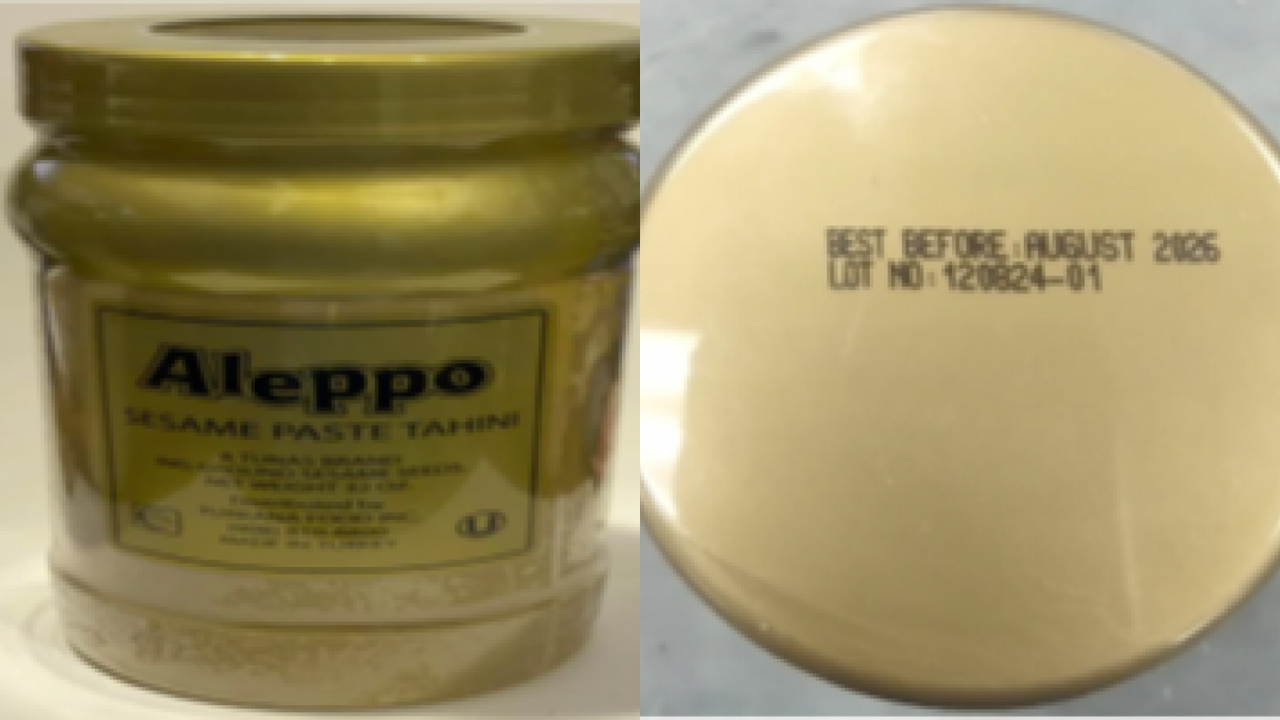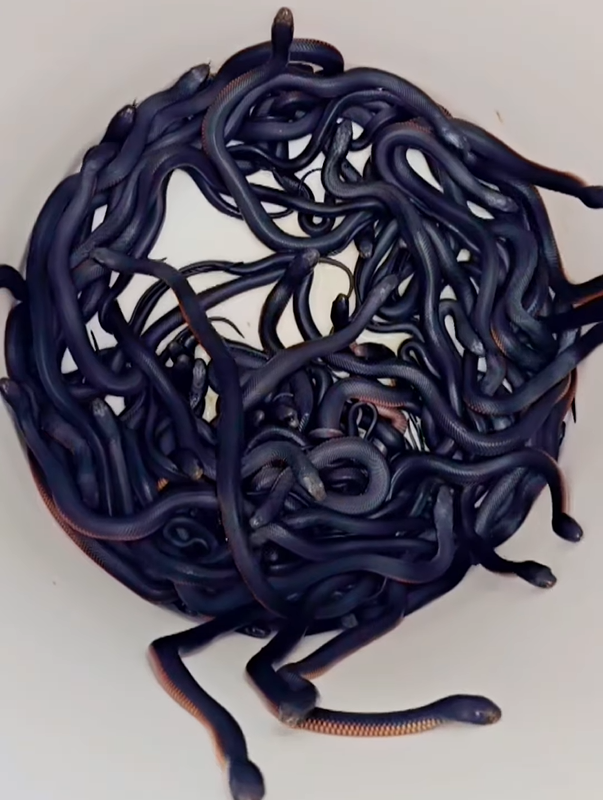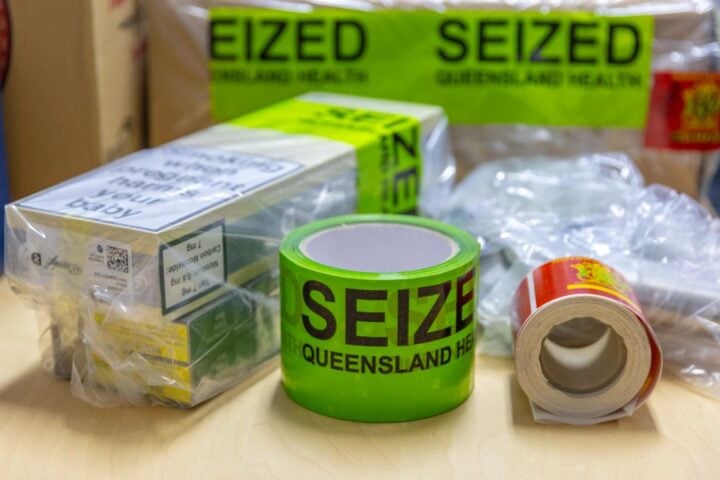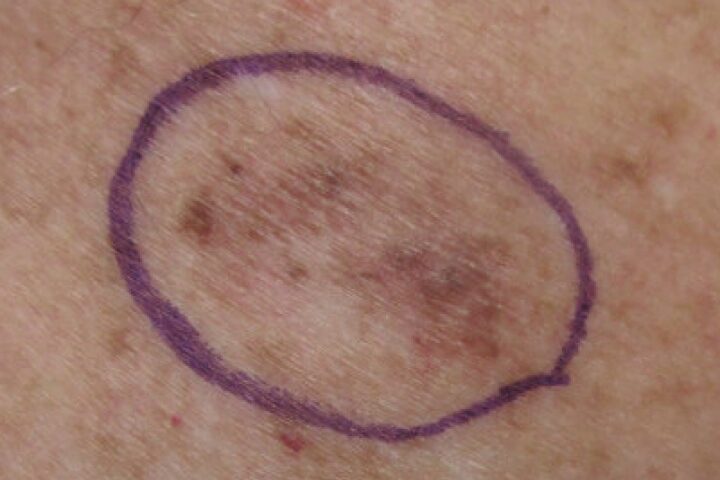A routine food safety check has revealed Salmonella contamination in a widely-used tahini product, prompting immediate action to protect consumer health. Turkana Food Inc. announced on February 6, 2025, that it’s recalling 858 cases of Aleppo Tahini Sesame Paste, which is commonly used in many households.
The contamination emerged during standard testing by Ohio Department of Agriculture inspectors. The tahini reached store shelves across 19 states from California to Massachusetts.
According to the FDA announcement, Salmonella in ready-to-eat products poses serious health risks because these foods are often consumed without additional cooking. This means any contamination present could directly affect people’s health.
The recall covers 16-ounce jars with gold lids. Consumers can spot affected products by checking for lot code 120824-01 and UPC 854643003054 on their jars. These products will show an August 2026 expiration date.
Similar Posts
Salmonella’s effects can range from uncomfortable to severe. Most people experience fever and stomach problems, but the bacteria can cause serious complications in young children, elderly individuals, and people with weakened immune systems. In some cases, the infection enters the bloodstream, potentially leading to dangerous arterial infections, endocarditis and arthritis.
While no illnesses have emerged so far, food safety officials aren’t taking chances. The FDA and CDC have stepped in to investigate the contamination. Meanwhile, Turkana Food Inc. has stopped producing and shipping the product during the investigation.
Anyone who bought this tahini should check their kitchen cabinets. The company is offering full refunds for returns to the original purchase location. Consumers with questions can reach Turkana Foods Inc. at 908-810-8800 or email [email protected] during business hours (Monday – Friday, 8am – 6pm EST).
The recall spans Florida, Kentucky, Virginia, New York, New Jersey, Tennessee, Massachusetts, Texas, Illinois, Indiana, Michigan, Rhode Island, Pennsylvania, North Carolina, Maryland, Virginia, Ohio, Alabama, Missouri, and California.
The Ohio Department of Agriculture’s routine sampling program identified this contamination, demonstrating how food safety testing helps identify contaminated products before they can cause widespread illness.


















